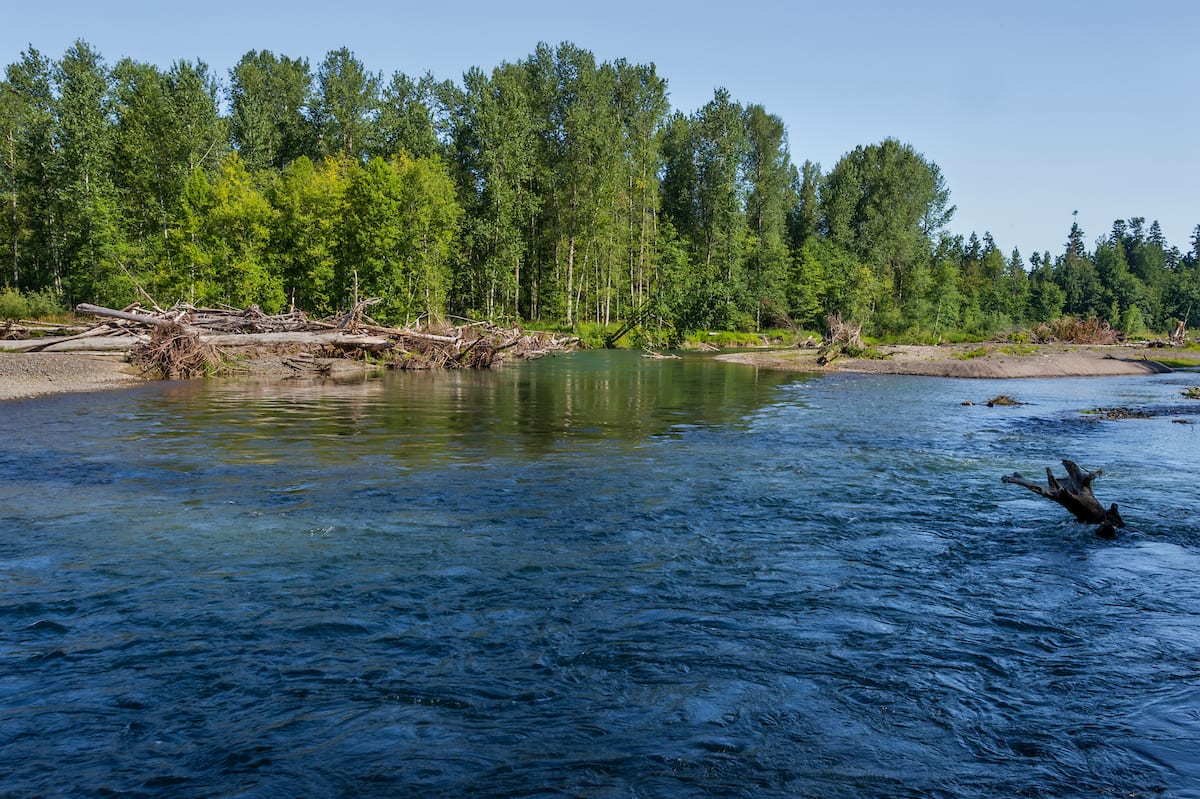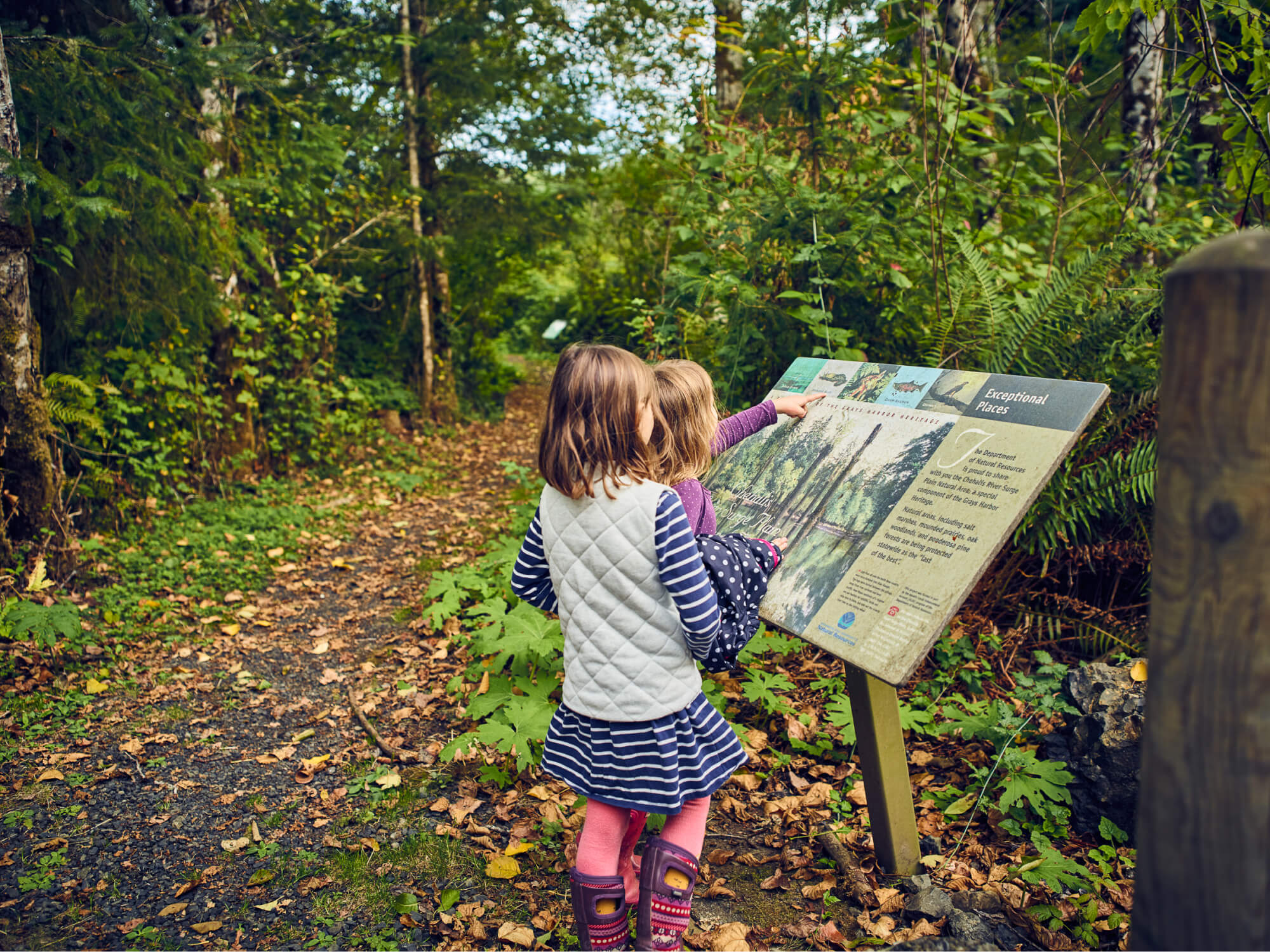We are thrilled to share the good news: a critical stretch of Washington’s Nisqually River is now permanently protected! Western Rivers Conservancy and our partner, the Nisqually Land Trust, have successfully conserved over a mile of this incredibly important salmon stream, a stretch of the lower river that is critical to the health of the Nisqually and its fish.
This is a major win for salmon, wildlife and the Puget Sound. The Nisqually is one of the least-developed rivers flowing into the sound and is a stronghold for wild salmon and steelhead. It supports six salmonid species in all: Chinook, coho, chum and pink salmon, steelhead and sea-run cutthroat.The Nisqually flows from high on Mount Rainer, where its headwaters are protected within Mount Rainier National Park, down to the sound, where the mouth is protected within Billy Frank Jr. Nisqually National Wildlife Refuge. The river was the Pacific Northwest’s epicenter of the so-called Fish Wars of the 1960s, where Nisqually Tribal member Billy Frank Jr. fought for tribal fishing rights and later for the cooperative management of the river
Although the headwaters and the mouth are well protected, the lower Nisqually is pressured on all sides by residential growth. When one of the largest private reaches of the lower river was listed for sale in 2019, WRC gained control of the property, and ensured a successful transfer to the Nisqually Land Trust to keep this stretch protected forever.
For years, both the trust and the Nisqually Tribe have sought to conserve this property, which features one of the most extensive intact stretches of river bank on the lower river, along with side channels where salmon rear and a healthy riverside forest. This summer, WRC at last made that vision a reality!
Thank you for helping us conserve this stretch of the Nisqually River. It’s an achievement well worth celebrating!
Yours in conservation,


